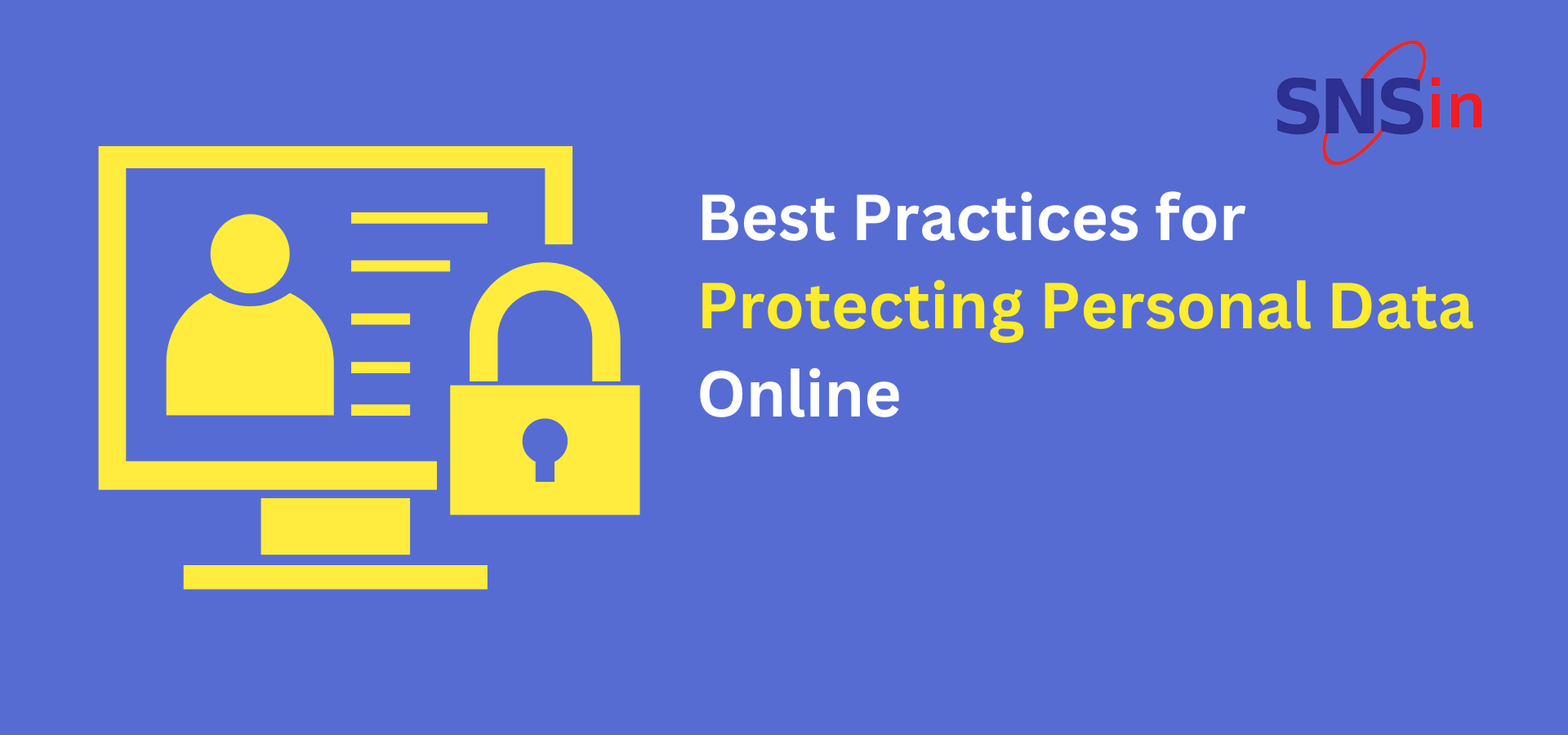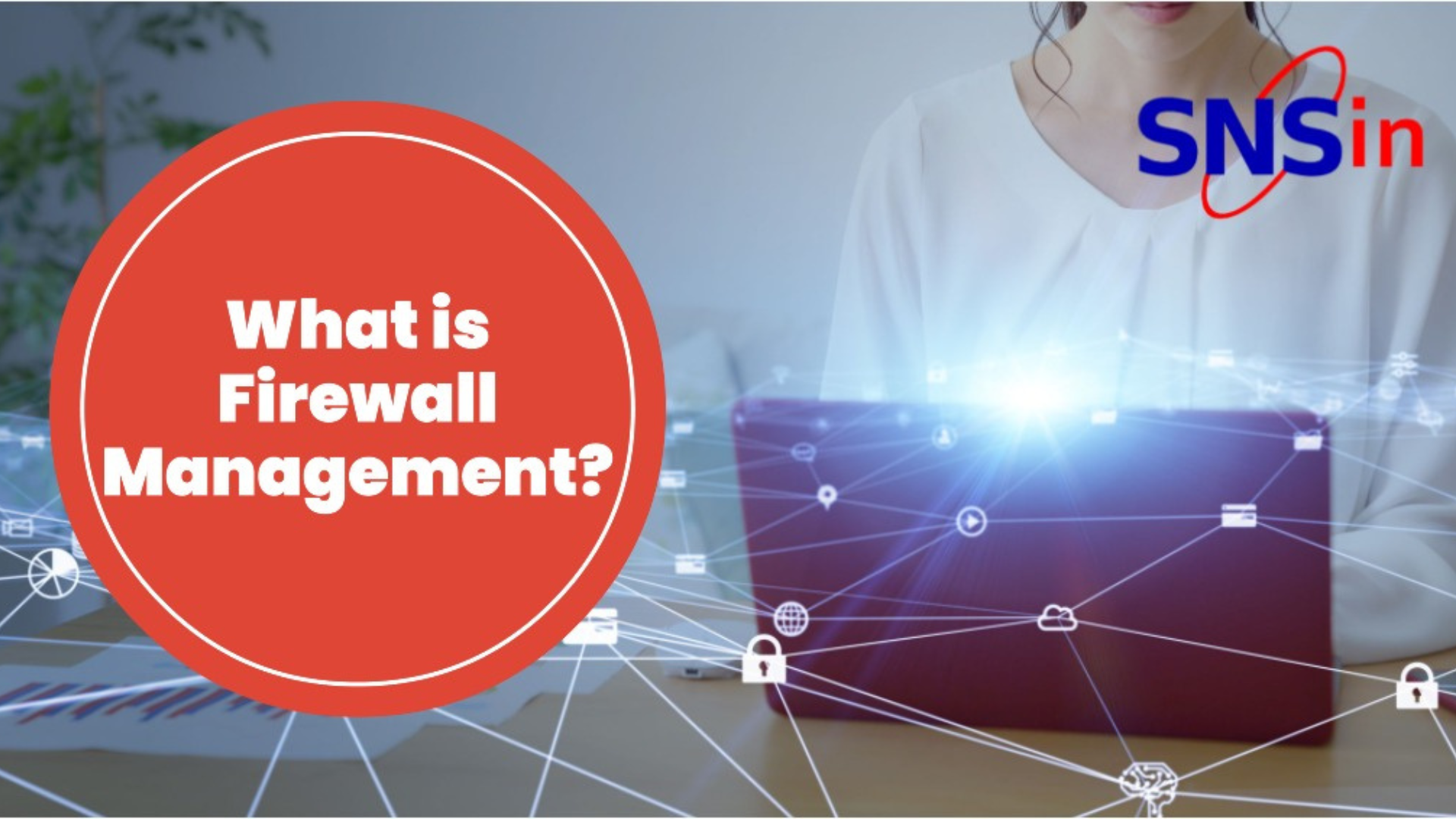Strengthen Your Passwords The strength of passwords serves as the first line of defense against unauthorized access. It is crucial to avoid easily predictable passwords like “123456” or “password.” Instead, create complex passwords using a combination of uppercase and lowercase letters, numbers, and special characters. Furthermore, it is advisable not to reuse passwords across many accounts. Consider employing a reputable password manager to generate and securely store passwords.
Enable Two-Factor Authentication (2FA)
2FA adds a double layer of security. It compels users to provide two forms of identification to access their accounts. It involves something you know (such as a password) and something you have (such as a unique code sent to the mobile device). Enabling 2FA significantly mitigates the risk of unauthorized access, even if your password is compromised.Keep Software Updated
Regularly updating your software is crucial for safeguarding your personal data. OS, web browsers, and applications release updates to address security vulnerabilities. It is advisable to enable automatic updates whenever possible to ensure you have the latest patches and security enhancements. Thus, protecting your devices from potential threats.Exercise Caution with Email and Phishing Attacks
Phishing attacks have become increasingly sophisticated and complicated. Maintaining vigilance when dealing with emails and suspicious links is a must. Be wary of spelling and grammar errors, requests for sensitive information, and urgent messages designed to elicit a hasty response. Avoid clicking on links or downloading pictures or attachments from unknown or suspicious sources. When in doubt, verify the legitimacy of an email by contacting the sender directly by other means.Prefer to use Secure Wi-Fi Networks
Public Wi-Fi networks can be hotspots for cybercriminals. Refrain from connecting to public Wi-Fi networks. Accessing sensitive and private information, such as online banking or personal accounts when connected to a public Wi-Fi network is not recommended. Use a VPN to encrypt the internet connection and protect your data from prying eyes if necessary.Be Mindful of Social Media Sharing
Social media platforms are treasure troves of personal information. It is vital to exercise caution when sharing content. Avoid sharing personal information like your home address, phone number, or birthdate as these can be exploited by Cybercriminals. Privacy settings can be enabled by individuals across all social media platforms. One can choose to opt for security measures about the personal content posted online.Regularly Back Up Your Data
Data loss can occur due to hardware failure, cyberattacks, or accidents. It is crucial to back up your data to an external hard drive, cloud storage, or both. Doing so can restore the information in case of a data breach or device failure. It could very well cut down potential damage and loss.Conclusion
Protecting personal data online is an ongoing process that demands awareness and proactive measures. In that case, staying informed, practicing good digital hygiene, and prioritizing your privacy and security are the keys to confidently navigating the digital realm. By adhering to these best practices, such as strengthening your passwords, enabling 2FA, keeping your software updated, exercising caution with email, and phishing attacks, utilizing secure Wi-Fi networks, being mindful of social media sharing, and regularly backing up your data, you can establish a robust defense against cyber threats. For queries related to Email Security, Firewall Security, Cybersecurity Awareness Training, implementing MFA, and other Cyber Security Solutions, please send an email to [email protected] ![]()




